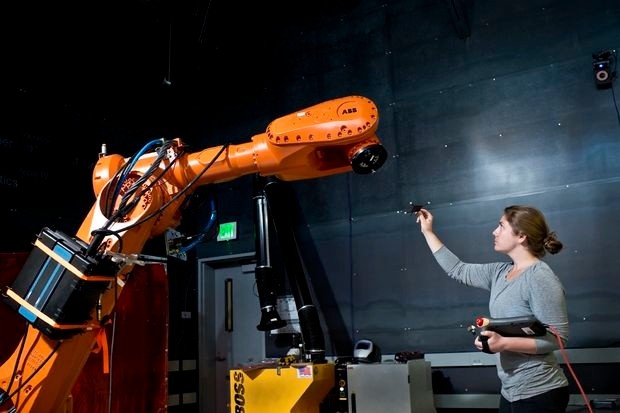Rocco Portaro received his Master's degree from Concordia University in Mechanical Engineering, whereby he developed an expertise in fluid dynamics and manufacturing. His current research interests lie in the field of biomedical engineering, an area that utilizes engineering principles to solve problems faced by clinicians. He is currently developing technology for needle-free drug delivery. He also founded an engineering firm specializing in industrial automation, through which he wishes to offer young engineering students an opportunity to hone their skills.

